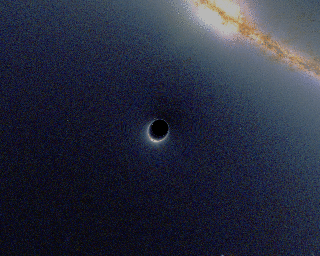(Esta entrevista con Terence McKenna aparecio en el oton~o de 1990 en la revista australiana "Nature and Health", vol. 11, num. 1)
ND: What impact have psychedelics had, in a creative sense, on Western culture?
TM: In the West the original contact with altered states of consciousness of any consequence would have to be opium. And opium was a major driving force on the Romantic imagination—Coleridge, De Quincy, Laurence Sterne, and a number of other writers were creating a world of darkened ruins, abandoned priories, black water sucking at desolate shores—clearly a gloss on the opium state. Then around 1820, Byron, Shelley, and others began experimenting with hashish as well. But strangely enough, presumably for cultural reasons, hashish never made inroads into the English literary imagination the way that opium had. It was left to an American—Fitz Hugh Ludlow—to detail his experiments as an undergraduate at Union College in 1853, eating large amounts of cannabis jelly. And comporting himself in a way that would be nearly unknown until a hundred years later!
There would come to be a fascination with what Baudelaire and Gautier called the "artificial paradise"—they saw these drugs as a tremendous spark plug to the literary imagination. That attitude was then passed on to people like Havelock Ellis, William James, and the Germans Kliiver and Lewin in the matter of mescaline, which was the next compound to be isolated. In the late 1890s Lewin took peyote buttons to Germany and the pure substance was extracted. And there it was pretty much left until the LSD days of the sixties.
Now, what all these early researchers established when research was legal was that these substances did create a flood of eidetic imagery, they did seem to open up insight into what would have to be called "mystical landscapes." There was the sense that they were penetrating the world of gnosis.
When LSD was made illegal in the United States in the 1960s, as an afterthought so were all other known psychedelics. And consequently our description of what these compounds are capable of tends to be equated with a type of instant psychoanalysis. You would take these substances, and, through a recovery of childhood trauma and insight into your situation, you would shed neurotic attitudes. It was a type of wonder drug for psychological problems. And there it was left, because research became illegal—particularly research with human beings.
Nevertheless, there was a large underground community that continued to dabble in this area, and that community began to build up a picture of the activity of these substances that went well beyond the Freudian or the Jungian models. What gave particular impetus to this evolving point of view were the experiences people were having with psilocybin. Psilocybin is the active hallucinogenic compound n certain species of mushrooms that have been used for millennia in the central Mexican highlands.
Under the influence of psilocybin there is an experience of contact with a speaking entity—an interior voice that I call the Logos. The Logos spoke the Truth—an incontrovertible Truth.Socrates had what he called his deamon—his informing "Other." And the ease with which psilocybin induces this phenomenon makes it, from the viewpoint of a materialist or reductionist rooted in the scientific tradition, almost miraculous.
So I set out to study this phenomenon and to try and determine for myself: These may seem like wild hypotheses, but you have to understand that I was pushed to them by evidence, by experience. This was not "blue sky" stuff. Here we had a "voice in the head" eager to reveal vast scenarios of esoteric history, the vast millennia unfolding in the human future.
Was this a deeper level of the psyche that could appear, somehow autonomously, to be a resident "Other" in the mind with whom one could have conversations? Was this the voice of Mother Nature? Or was it an extraterrestrial intelligence?
ND: What did you make of it?
TM: Well, I still don't have the answer. I vacillate. It depends how close you are to actually having had the experience—it is hair-raisingly like dealing with an extraterrestrial! And yet once you put the experience behind you, your rational habits reassert themselves and you say toyour-self "Surely it could not have been that..."
ND: You feel, don't you, that you are accessing quite different spiritual realms from those described by mystics and gurus from the Eastern traditions?
TM: Yes. Their stress on energy centers in the body, levels of consciousness, the moral perfection of spiritual dimensions—none of this I found to be reliable.
What the psilocybin experience seems to argue is that there is a kind of parallel universe that is not at all like our universe,and yet it is inhabited by beings with an intentionality. It is not recognizably the universe of astral travel or of the Robert Monroe out-of-the-body experiments. What has always put me off about occultists is the humdrum nature of the other world. They talk about radiant people in flowing gowns—ascended masters and so on. My overwhelming impression of the other realm is its utter strangeness—its "Otherness." It is not even a universe of three-dimensional space and time. The other thing about it, which the esoteric traditions to my mind never confront directly, is the reality of it. I am not an occultist. I am spiritual only to the degree that I have been forced to be by experience. I came into it a reductionist, a rationalist, a materialist, an empiricist—and I say no reductionist, no empiricist could experience what I have experienced without having to seriously retool their philosophy. This is not a reality for the menopausal mystic, the self-hypnotized or the soft-headed. This is real. And the feeling that radiates out of the psychedelic experience is that it has a historical implication, that what has really happened in the twentieth century is that the cataloging of nature that began in the sixteenth century with Linnaeus has at last reached its culmination. And the cataloging of nature has revealed things that were totally unexpected—for example, the existence of a dimension that our entire language set, emotional set, and religious ontology deny.
What has happened in the twentieth century is that we have found out what the witch doctors are really doing, what the shaman really intends. This information cannot simply be placed in our museums and forgotten: it contains within it a nugget of incontrovertible experience that appears to argue that our vision of reality is sorely lacking. Somehow we have gone down a road of development that has hidden from us vast regions of reality—areas that we have originally dismissed as superstition and now don't mention at all.
ND: Do you feel that the shamanic reality is now the broadest paradigm available to us? Is it broader, say, than the Eastern mystical model?
TM: Oh, yes, I think so. What I think happened is that in the world of prehistory all religion was experiential, and it was based on the pursuit of ecstasy through plants. And at some time, very early, a group interposed itself between people and direct experience of the "Other." This created hierarchies, priesthoods, theological systems, castes, ritual, taboos. Shamanism, on the other hand, is an experiential science that deals with an area where we know nothing. It is important to remember that our epistemological tools have developed very unevenly in the West. We know a tremendous amount about what is going on in the heart of the atom, but we know absolutely nothing about the nature of the mind. We haven't a clue. If mathematical formulation is to be the bedrock of ideological certitude, then we have no certitude whatsoever in the realm of what is the mind. We assume all kinds of things unconsciously, but, when pressed, we can't defend our position.
I think what has happened—because of psychedelics on one level and quantum physics on another—is that the program of rationally understanding nature has at last been pushed so far that we have reached the irrational core of nature herself. Now we can see: My God, the tools that brought us here are utterly inadequate.
ND: Is the human potential movement currently reevaluating the role of psychedelics in understanding the nature of consciousness? Or do you find yourself somewhat out on a limb among your contemporaries?
TM: Well, it's a little of both. The human potential movement at times seems like a flight from the psychedelic experience. It will do anything provided there can be certain confidence that it won't work. Therapies have their place, but they are not addressing the question, What is the ground of Being?
I am not alone in advocating a revisioning of psychedelics, but my colleagues and I certainly represent a highly suspect and not entirely integrated faction of the human potential movement. In a way, you see, we are still reacting to what happened in the 1960s. One can say many things about one's personal psychedelic experiences—and they are always very personal—but if you try to look at ten thousand psychedelic experiences the generalized conclusion you reach about what these things do is:
Number one, they dissolve boundaries whatever the boundaries are. And as a consequence of this they dissolve cultural programming. They are very democratic—they dissolve all cultural programming.
So Marxist, shaman, fundamentalist Christian, and nuclear physicist will all find themselves deeply questioning their own beliefs, postpsychedel-ic. The thing about LSD that did mark it as different from all the other psychedelics was that a reasonably competent chemist could produce five million doses in a single day! Well, that was unique in human history. When you go to the Amazon or when you take peyote with the Huichol it is quite a chore to get sufficient material for twenty people. So the release of so much LSD into modern society caused the powers that be to assume that the whole social machine was being dissolved in acid—literally, before their very eyes. I think that this was a mistake, to go at it like this. There were many voices at that time, with many theories of how it should be handled. If Aldous Huxley had lived another ten years, it would have been very different. His idea was to get the psychedelic experience to artists, philosophers, city planners, architects—not every eighteen-year-old on earth.
ND: You focus especially on the tryptamines—but is there a cultural factor involved here also? Does a modern-day Westerner using these psychedelics access the same reality with these substance as a traditional South American shaman?
TM: Ultimately, I don't think that it is cultural. When you smoke DMT you have an experience that comes from the flesh and the bone of your humanness.
However, this experience exists entirely as a private reality until you pour it into a linguistic vessel
If you pour it into the linguistic vessel of English, it's going to look very different than if it is poured into the linguistic vessel of Mazatecan. And this has to do with the inevitable relativity of language.So part of what I have done is try to create a phenomenological description of what actually happens.
The other thing about these psychedelic experiences is that they are so extraordinary that we have no way to anchor them in memory.If you visit a city you haven't been to before you can always relate it to cities that you have been to, but when you go to a place that has no comappable point, then you have to create a new language almost from scratch.
Paradoxically, DMT seems to be about the language-forming activity in human beings. Interestingly, some tens of millennia ago the African continent underwent a period of desiccation that continues into the present. The great rain forests that covered most of Africa began to retreat, leaving grasslands behind them. The primate populations that were arboreal were forced by selective pressure to descend into the grasslands and to abandon their previously vegetarian habits for an omnivorous diet. They already had a complex system of pack signals, as monkeys do, but when they began to develop their hunting strategies on the veldt, there was even more pressure to accelerate and develop this signaling ability. Well, their omnivorous diet led them to focus on the great herds of ungulate animals—wild cattle—that were evolving simultaneously. Now, in the dung of these ungulate animals the psilocybin mushrooms make their natural home. They are "coprophilic"—that is to say, "dung-loving" mushrooms. This is the only place that they grow. I myself have observed the foraging habits of baboons in Kenya. Baboons scrabble around in the dirt, and one of their favorite tricks is to flip over cow pies looking for beetles and grubs. So the cow pie occupies an important position in their world. And yet the mushroom is a totally anomalous object in the grassland environment—it stands out like a sore thumb.
Roland Fischer, who did a lot of work with psilocybin before it became illegal to give it to human beings, made a very interesting observation in the early 1960s. He gave very low doses to people—doses so low that you would not have a psychedelic experience and in fact you would not notice anything much at all, except a slight arousal. But he gave these people visual acuity tests and he discovered that on small does of psilocybin you can actually see more clearly than in your normal state. You don't have to be an evolutionary biologist to understand that if there is a plant in the environment that confers increased visual acuity on an animal that has a hunting life-style, then those animals that accept this item into their diet are going to be more successful hunters and therefore have a more successful reproductive strategy than those animals not admitting the item into their diet.
Well, if you take slightly higher doses of psilocybin this restless arousal turns into sexual arousal. And again, more successful copulations mean more successful impregnations, more successful births. This again favors those using the item in their breeding strategy. If you double the dose that causes this sexual arousal, then you have a full-fledged contact with something so bizarre, so mysterious, that to this day, fifty thousand years later, we still do not have the intellectual equipment to understand it. It appears in the minds of modern human beings with the same transcendental, awe-inspiring force that it must have aroused in the mind of an australopithecine.
ND: What then is your answer to people who continue to dismiss psychedelic experience as artificial? Surely your view is the exact reverse of that?
TM: Well, there's nothing artificial about it. These things were part of the human food chain from the very beginning. Where the misunderstanding comes is with the label—these are "drugs," and "drug" is a red-flag word. We are hysterical over the subject of drugs. Our whole society seems to be dissolving under the onslaught of criminally syndicated drug distribution systems. What we are going to have to do if we are to come to terms with this is to become a little more sophisticated in our definitions. I believe that what we really object to about "drugs" is that we are alarmed by unexamined, obsessive, self-destructive behavior. When we see someone acting in this way we draw back. That is what addiction to a drug such as cocaine or morphine results in. However, psychedelics actually break habits and patterns of thought. They actually cause individuals to inspect the structures of their lives and make judgments about them. Now, what psychedelics share with "drugs" is that they are physical compounds, often pressed into pills, and you do put them into your body. But I believe that a reasonable definition of drugs would have us legalize psilocybin and outlaw television!
And the horrifying thing about the "trip" that television gives you is that it's not your trip. It is a trip that comes down through the values systems of a society whose greatest god is the almighty dollar.
So television is the opiate of the people. I think the tremendous governmental resistance to the psychedelic issue is not because psychedelics are multimillion-dollar criminal enterprises, they are trivial on that level.
However, they inspire examination of values, and that is the most corrosive thing that can happen
....."TERENCE McKENNA: TAN PODEROSAMENTE INTERESANTE"






































































































































































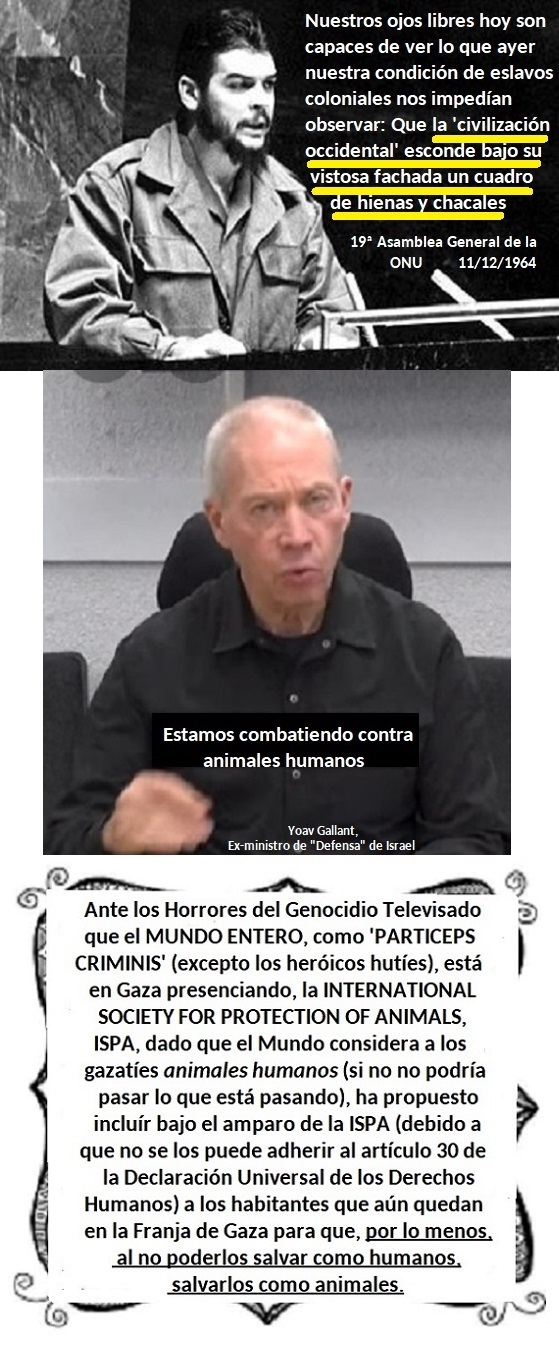












































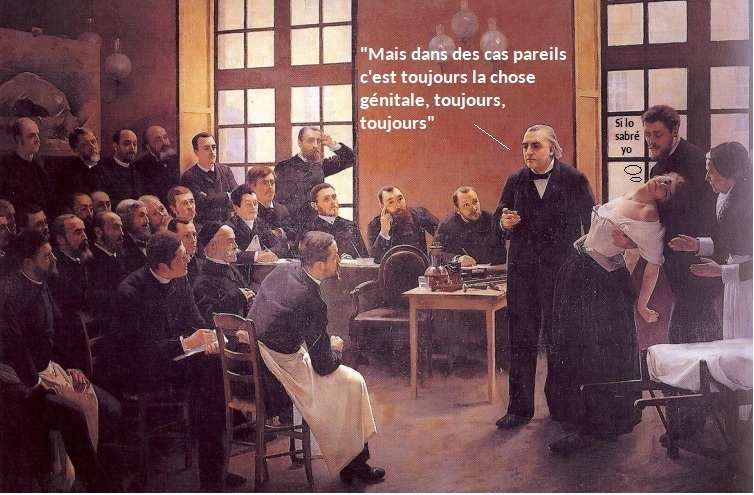
















































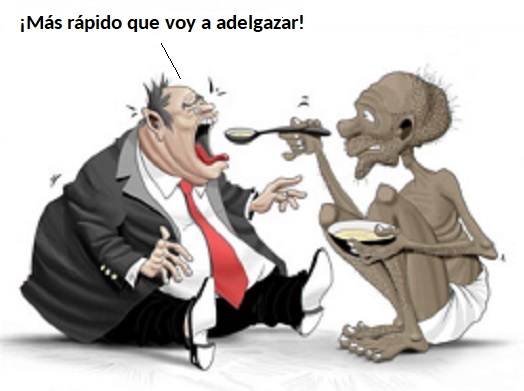













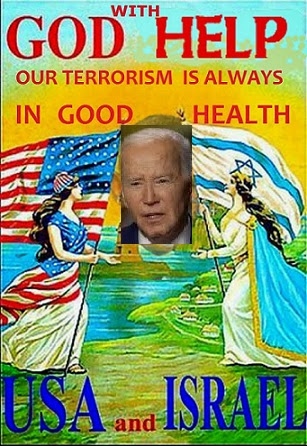



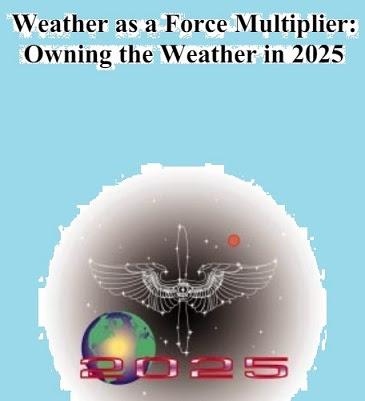
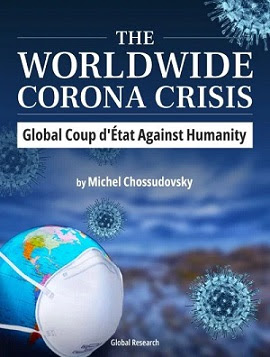




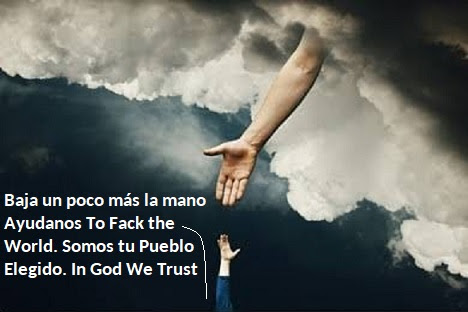
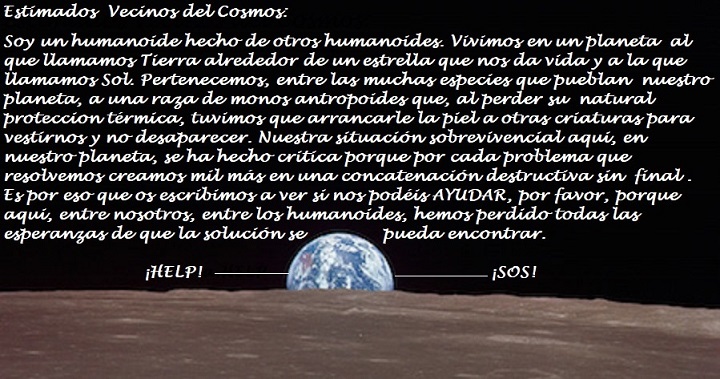






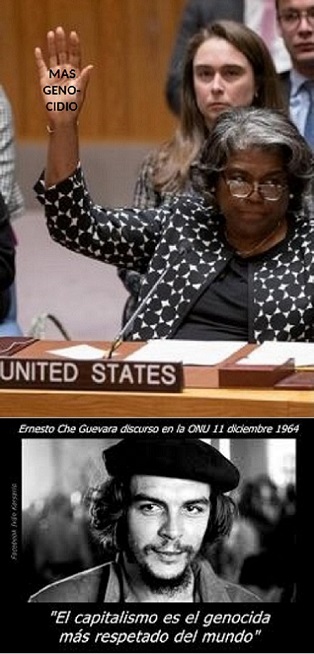

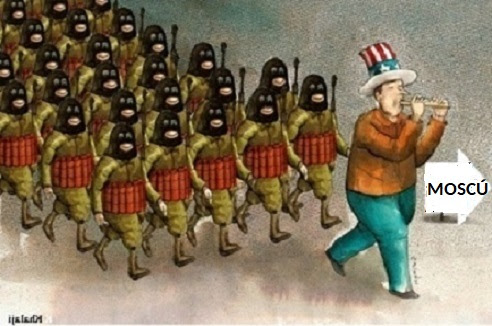







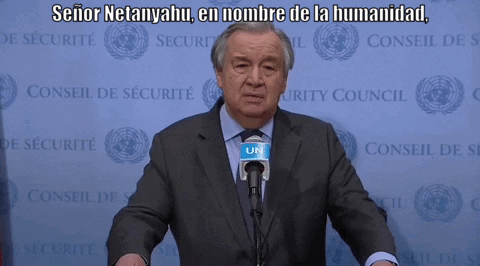







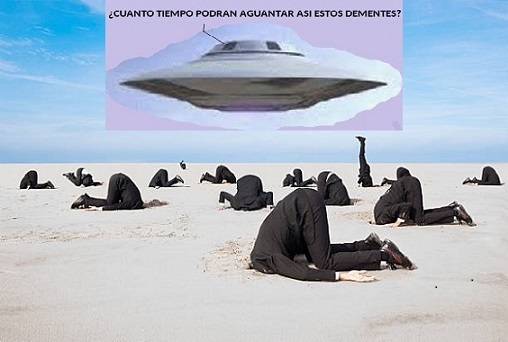
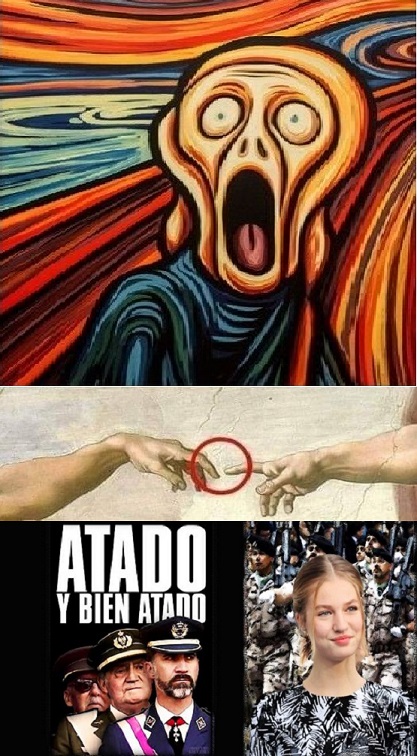









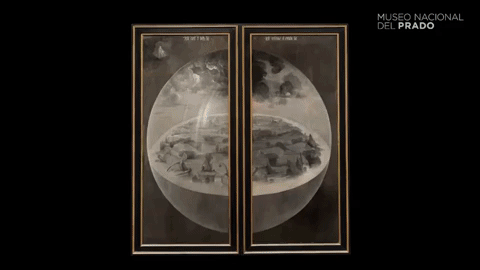



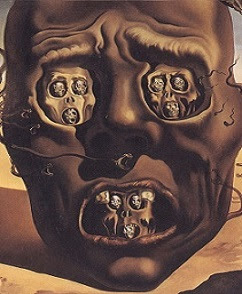
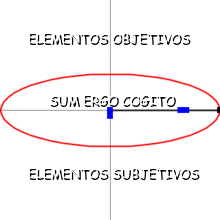















.jpg)












































